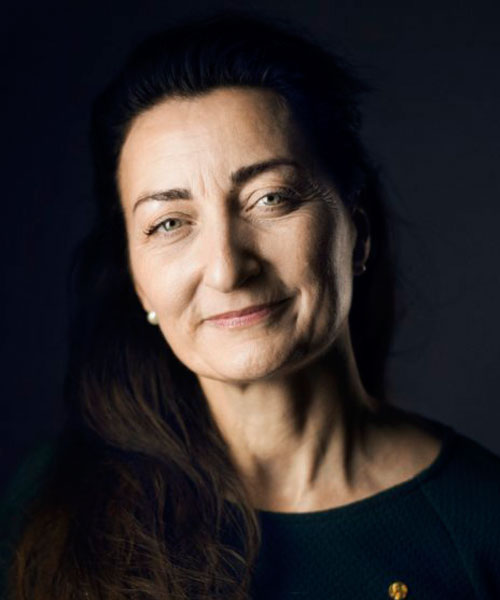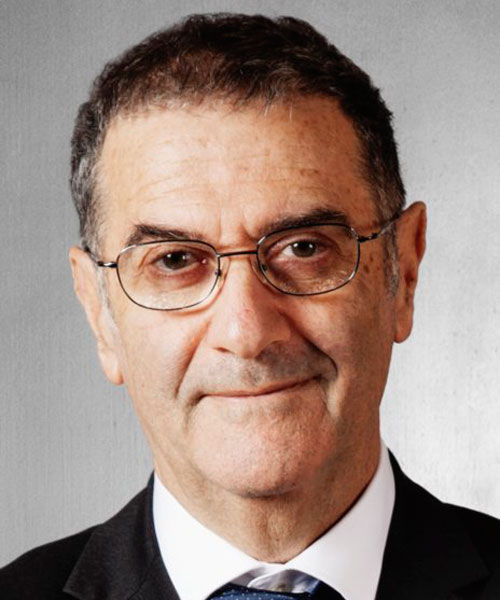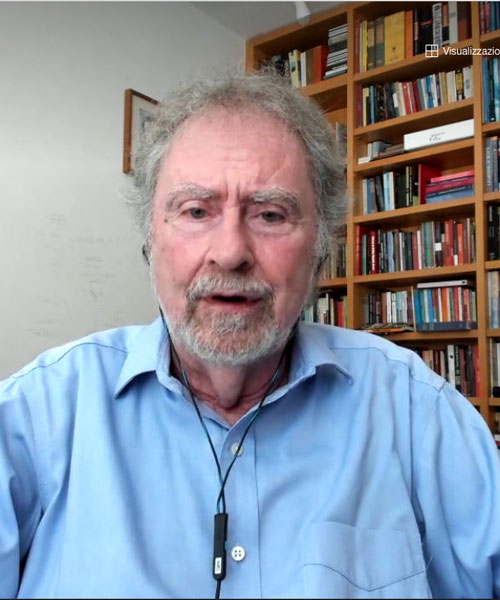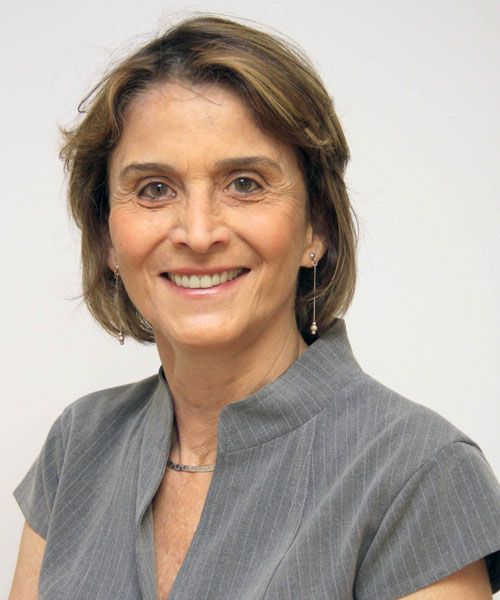
What is the contribution that science and scientists can give to society in hard times like the present ones? And what is the potential legacy that society, in turn, can offer to the scientific endeavour? The intertwining of these two voices may bring about fruitful outcomes if we are wise enough to use discoveries and technologies for the public good.
A public discussion on these and other themes is the focus of a free online event called Nobel Prize Dialogue Brazil, organized by the Nobel Prize Outreach and the Brazilian Academy of Sciences (on 8 April, 10–13.30 BRT, 15–18.30 CET).
The meeting titled "The Value of Science" will address the complexity of current times worldwide through a dialogue between May-Britt Moser, the 2014 Nobel Laureate in physiology or medicine, who discovered cells that constitute a positioning system in the brain, and Serge Haroche, the 2012 Nobel Laureate in physics, who devised groundbreaking experimental methods to measure and manipulate individual quantum systems.
"This event was devised well before the pandemic, as a reaction to the rampant negationism towards science that we all witness today," said Luiz Davidovich, President of the Brazilian Academy of Sciences since 2016 and the TWAS Secretary-General. "Ideally, we were expecting 1,000 participants in two separate events: one in Rio de Janeiro, dedicated to young students, and another in Sao Paulo, for businesspeople. The pandemic stirred our plans, and the event is now online."
Davidovich is a 2002 TWAS Fellow, a professor of physics at the Federal University of Rio de Janeiro, Brazil, and an expert in quantum optics and quantum information. He will lead the second part of the event after the two Laureates' speeches, engaging in a dialogue with 2013 TWAS Fellow Helena Nader, the former President of the Brazilian Society for the Advancement of Science and Co-chair of the InterAmerican Network of Academies of Sciences.
"This initiative is going to impact not only our universities but the whole society since the focus of the discussion is going to be the value of science. Such discussion has the power to influence and mobilize new public policies that can benefit Brazil," said Nader, a professor of Molecular Biology at the Federal University of São Paulo.
The discussion among the four scientists will, in fact, address the benefits that science and technology can offer along with the ethical dilemmas they pose; it will also debate the role of science in the popular imagination.
"There is a profound difference between science and dogma," observed Davidovich, who is the recipient of several prestigious awards including the Grand Cross of the National Order of Scientific Merit and the Admiral Alvaro Alberto prize, awarded by the Brazilian National Research Council.
"We should explain how the scientific method works and clarify that the scientists are ready to give up to previous ideas and theories if new ones come up. Unfortunately, today people are too quick in running after headlines without proper reasoning, and the COVID-19 pandemic has provided many examples," he added.
Science is at risk and innovation is at risk, also in Brazil. To stimulate deeper participation at younger levels, the organizers have selected 40 undergraduate and graduate students from Brazilian universities, who will be in the online audience and will engage in a wide-ranging question-and-answer session with the Nobel laureates, with 20 students per round table.
"This is a fantastic opportunity for students from different states and regions of Brazil to interact with the Nobel laureates asking questions related to science," observed Nader, who is also the recipient of numerous award for their scientific merits, including the Grand Cross of the National Order of Scientific Merit, the Almirante Alvaro Alberto Prize and the Scopus Award. "Unfortunately, in our country, we are experiencing a continuous deny of the value of science. This young generation represents the future and is struggling to change this scenario."
The students have been chosen by merit from public and private universities out of 170 nominations, and represent the most outstanding fresh forces now available in Brazil: many of them have remarkable curricula, being the recipients of prizes from Yale University (US), and the US National Academy of Sciences. "They are quite aware of the importance of the meeting and know that this discussion is going to impact their lives, as well as of the ones of those watching the event," Nader observed.
The 8 April event paves the way for an even more important occurrence called "Nobel Prize Dialogue Brazil 2022", which will bring to the stage Nobel Laureates and other influential scholars and leaders to address the theme "The Future We Want".
For more information on the Nobel Prize Dialogue Brazil, please, visit the official website.
The meeting will be held in English and will be broadcast on the Nobel Prize YouTube channel.
Follow us on: @TWASnews on Twitter, and @TWAS.Science on FB
Cristina Serra

